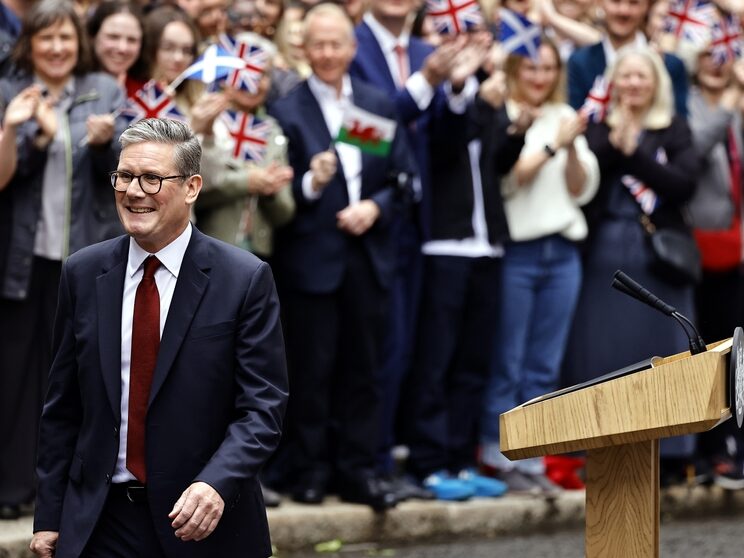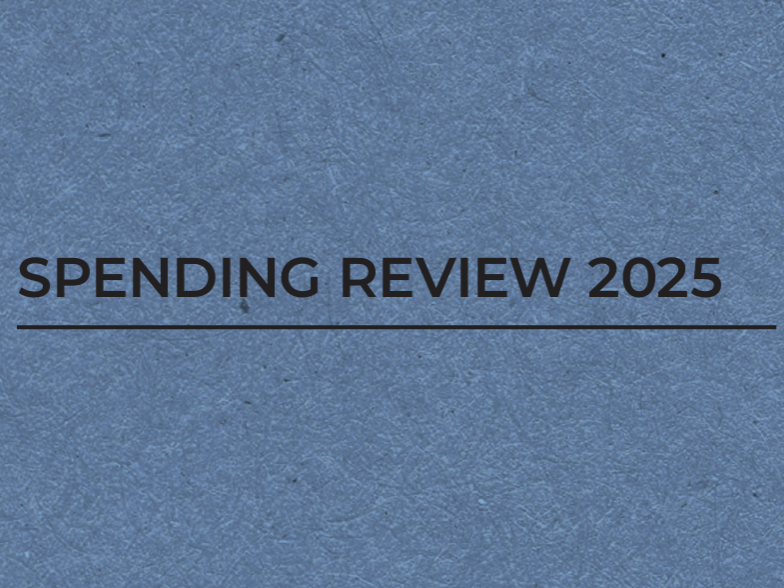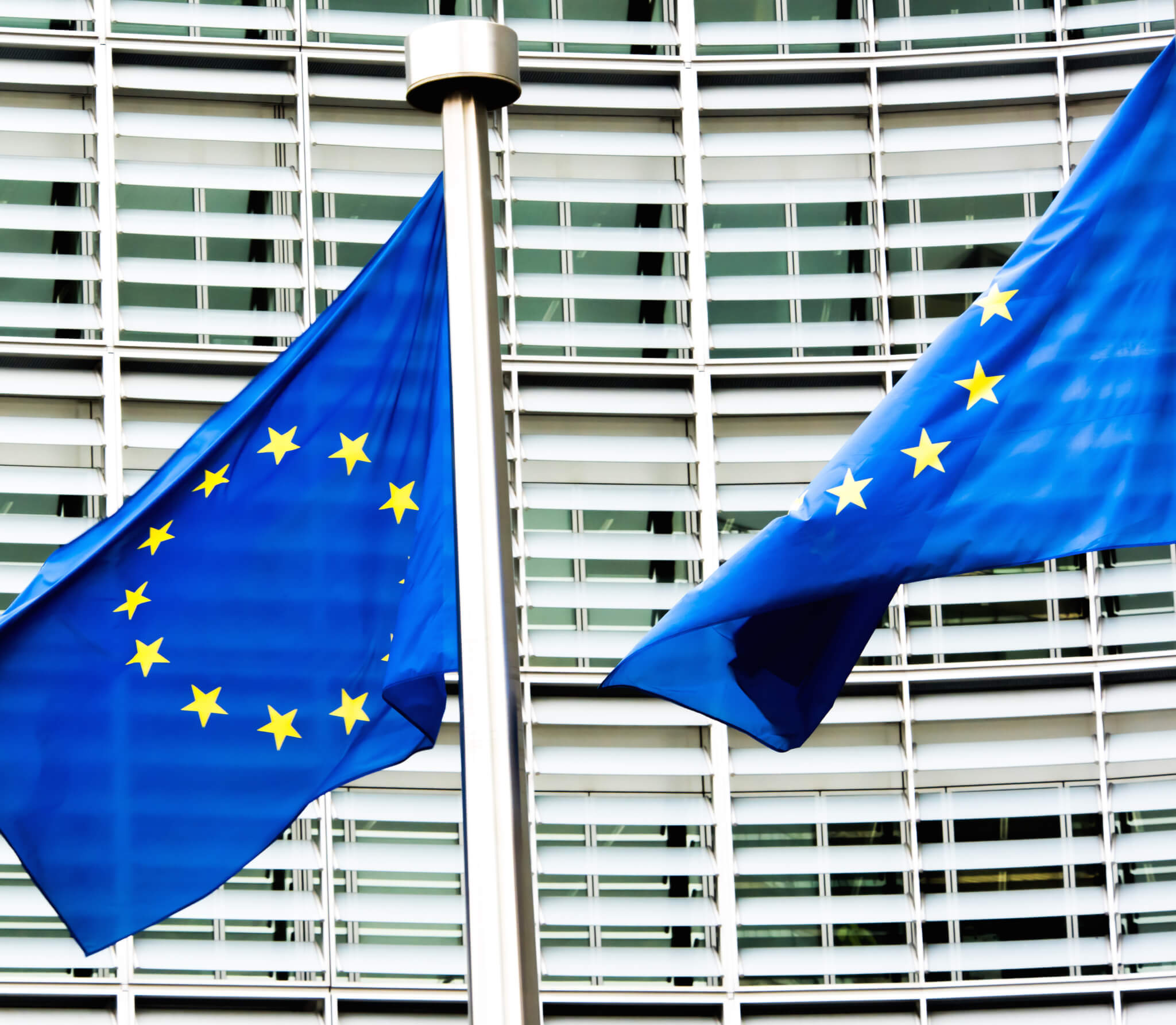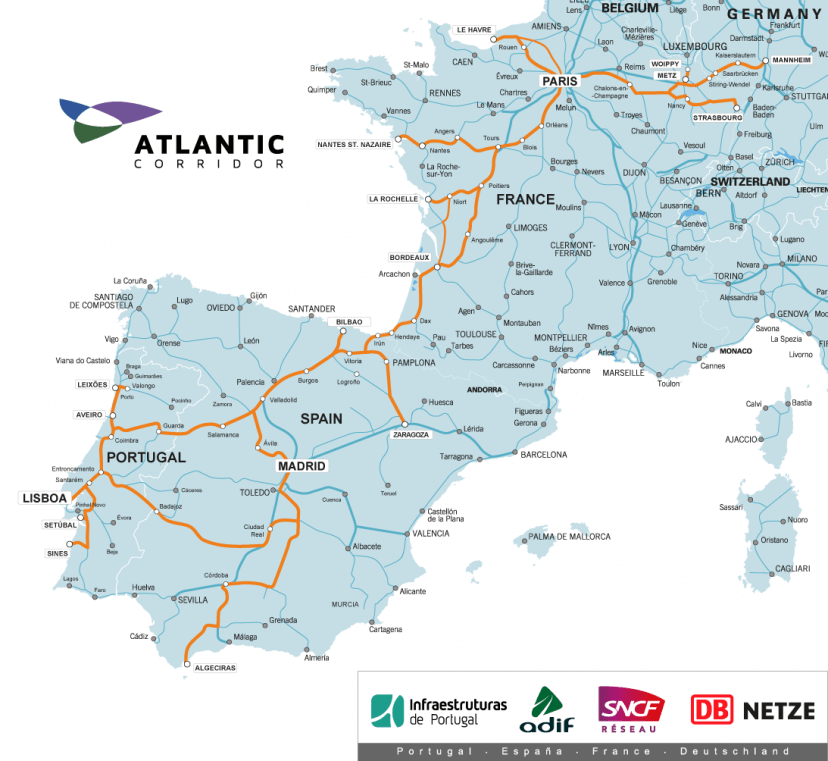
The European Parliament and the Council of Ministers of the EU have reached an agreement on the Fourth Railway Package. The agreement will now go through the process of being endorsed by Member States and the European Parliament over the next few days. It is expected to be formally adopted by the European Parliament and the Council of the EU by autumn of 2016.
The Fourth Rail Package is an initiative intended to improve innovation and competitiveness for European railways, this agreement is intended to improve the performance of passenger rail services by gradually opening domestic rail markets to competition. The package will consolidate the Single European Rail Area, delivering on the EC’s agenda to create a fairer and deeper internal market.
EU Commissioner for Transport Violeta Bulc said:
“This agreement opens a new chapter for European railways. For too long, the rail sector had no incentives to adapt to consumer-demand and as a result the market share of rail steadily declined. Gradual market-opening will improve the performance of rail services. This agreement will also create new investment opportunities and foster job creation in the sector. Finally, it should encourage Europeans to make a greater use of rail, contributing to our decarbonisation objectives. When railways become more attractive, everybody wins.”
By gradually making domestic passenger rail markets more competitive by opening the market, it is foreseen that they will be revitalised. This measure is intended to combat persistent domestic monopolies by enabling new entrants to “commercial” services from 2020. From 2023, relevant authorities will be able to award public service rail contracts by way of competitive tenders to all EU railway undertakings with the exception of specific cases.
By increasing access, railways will be more responsive to market and consumer demands, inevitably enabling new business models to emerge and provide consumers with more choice. A more competitive system will also compel incumbent operators to become more consumer-orientated.
The EC is particularly invested in the agreement as it will deliver on President Juncker’s political priorities as set out in the letter of intent to the Presidents of the Parliament and the Council of the EU, in which Commission President Juncker and First Vice-President Timmermans emphasised that the Fourth Railway package was key to the realisation of the Commission’s priorities of creating a fairer and deeper internal market.
Member States will not be bound entirely, and will remain able to directly award public service rail contracts as long as performance targets are met. Previous examples of Member States who have opened their railway markets experience improved service, lower fares and more frequent services. The measures have already had a positive impact on employment.
The Fourth Railway Package, by making rail a more attractive modal choice, will also enable the EU to reach its decarbonisation objectives as rail remains the most environmentally sustainable form of transport.























